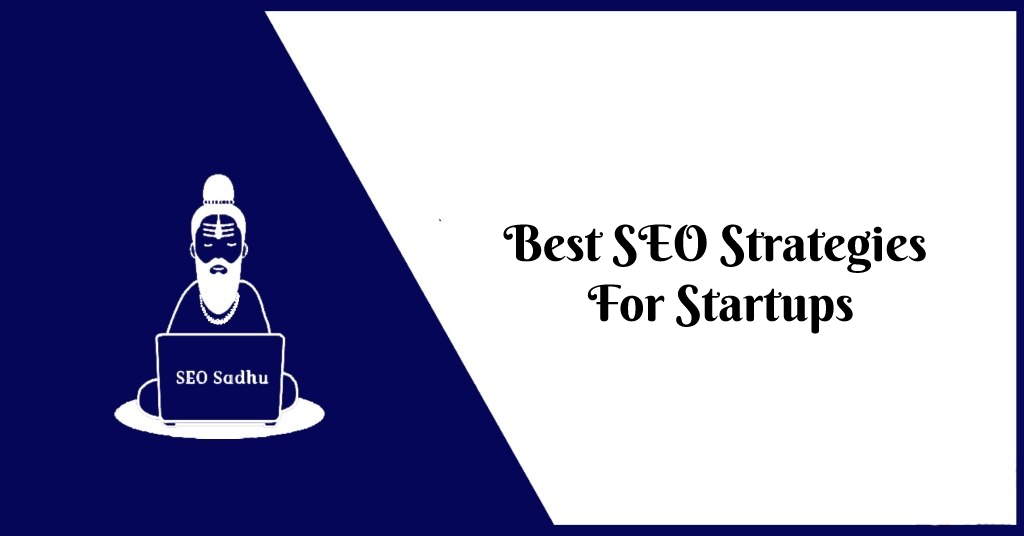Introduction:
Making sure your website is meeting the latest SEO standards is essential for any startup. While there are plenty of free tools you can use to check how well your website is doing, you should still work directly with an SEO expert to make sure you’re on the right track. But what exactly does this mean? Here are some of the best practices you should follow when optimizing your website, as well as when hiring an SEO specialist to work on your startup’s website.
Benefits of SEO
SEO can help you to improve your website in many ways. For example, it can help you to get better rankings in search engines, which can result in more traffic to your site. In addition, SEO can help you to improve the usability of your website, which can make it easier for visitors to find what they are looking for. Finally, SEO can help you to improve the conversion rate of your website, which can lead to more sales or leads.
SEO helps to
1. Increase traffic to your website
2. Increase visibility online
3. Increase your sales
4. Improve your search engine rankings
5. Improve your ranking on Google
6. Build credibility for your company
7. Improve your search engine rankings
Best SEO Strategies For Startups
1. SEO Goals
If you want your website to rank higher in search engine results, it’s important to set realistic SEO goals. This means knowing what you can realistically achieve given your resources and time frame. Once you have a good understanding of your capabilities, you can set goals that are both achievable and meaningful.
Some factors to consider when setting your goals include your budget, your website’s current ranking, your competition, and the keywords you want to target. Once you have a good handle on these factors, you can start to set goals that will improve your website’s search engine ranking.
Some achievable SEO goals include improving your website’s ranking for specific keywords, increasing your website’s traffic, and improving your website’s conversion rate. Remember, it
2. Fix Website Issues
Crawl your website and fix technical SEO issues to ensure that your site is optimized for search engines. This will help you attract more visitors and improve your search engine ranking.
3. User Experience
Audit all aspects of your website’s user experience (UX) to ensure that your visitors have a positive experience when they visit your site. Pay attention to things like your site’s navigation, design, and overall user experience. By making sure that your website is user-friendly, you’ll not only improve the experience of your visitors, but you’ll also likely see an increase in conversions and overall satisfaction with your site.
4. On-page Optimization
This is the process of optimizing your website’s individual pages so that they are more likely to rank highly in search engine results pages (SERPs). On-page optimization includes factors like page titles, metatags, keyword density, and internal linking.
5. Evaluate Branded Search Opportunities
Evaluate branded search opportunities to see if they are right for your business. By conducting a branded search, you can see how many people are searching for your brand name and related terms. You can also compare your results to those of your competitors. If you have a strong brand, branded search can be a valuable way to drive traffic to your website and increase sales.
6. Target Long-tail Keywords
When you are trying to rank for keywords in Google, it is important to find long-tail keywords. These are keywords that are more specific and often have less competition. This means that they will be easier for you to rank for in Google. To find these keywords, you can use the Google Keyword Planner.
7. Content Marketing
Prioritize content opportunities by understanding your target audience, knowing what content is most important to them, and creating a content strategy that aligns with your business goals.
8. Approach influencers to Build Backlinks
Backlinks are one of the main ranking factors for Google. And the higher you rank on Google, the more likely people are to find your content and share it with their followers.
There are a few ways to build backlinks. One is to guest post or influencer or blogger outreach. This is where you write a blog post for another website in exchange for a link back to your own website. Another way to build backlinks is to create helpful resources that people will want to link to. This could be an infographic, a video, or even just a image.
9. Check SEO ROI
In order to create an effective SEO campaign, you need to have a basic measurement system in place. This will help you track your progress and see what is working and what is not. Without this, it will be difficult to make the necessary adjustments to your campaign in order to achieve success.
10. Stay Updated with Latest Trend
To maintain a high ranking on SERPs, it’s important to keep up with the latest SEO news, trends, and Google updates. This can be a daunting task, but there are a few key resources that can help. The first is Moz’s SEO blog, which covers a wide range of topics related to SEO and digital marketing. The second is Search Engine Land, which offers news, tips, and advice for search marketers. Finally, Google Webmaster Central is a great resource for keeping up with the latest Google algorithm updates.
Conclusion
In summary, leveraging SEO is crucial for startups. It’s essential to attract traffic through organic press, search, and referrals. SEO creates brand awareness, builds your customer base, and helps generate new leads. With the correct SEO strategy, startups should be able to drive more traffic to increase conversions, meet business goals, and increase revenue.





0 Comments